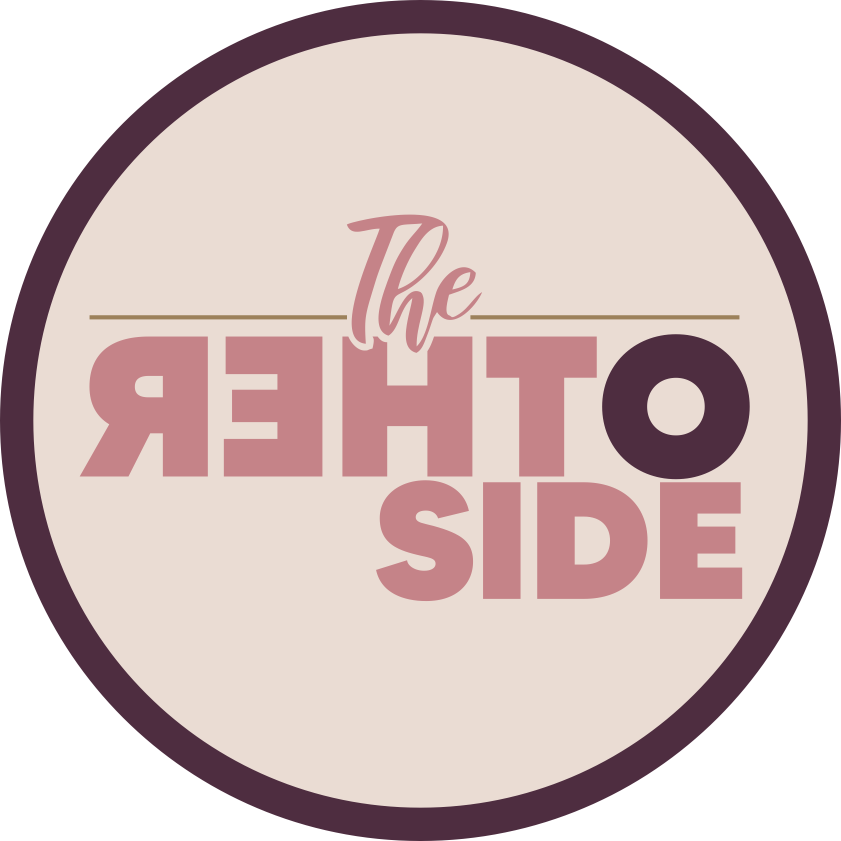Rethinking Self-Care
From the moment we exited the womb, we were only concerned about one thing, ourselves. Driven and motivated to meet the need to be fed and held, we cried in our helplessness to have our caretaker(s) come to our rescue. As we developed, our needs evolved and expanded to the need for connection and learning from those around us, and at the same time we began relying on ourselves to hold our own heads, our bottle, and eventually to crawl, walk, and eat independently. Over time, we took responsibility for many of the things our parents or caregivers did for us, and for some of us, adamantly so, as we refused hand-holding and spoon-feeding. We followed the example of our caretakers and we grew into adults who would eventually do for themselves, much of what was done for us over the course of our development.
When done well enough, caretaking is a beautiful process that spans helplessness, observation, trial, error, proficiency, and mastery in every area of our lives. Those areas include meeting our physical, spiritual, and emotional needs. Unfortunately, for many of us, in the context of emotional caretaking, the process wasn’t so beautiful; and though we may say we didn’t have it so bad, when we look at the fruit of our lives, we might surmise that it wasn’t all that great; some important things were missed. Let’s be clear, most parents did the very best they could with what they had, to give us the care that we needed; and though this is true, it also still wasn’t enough. The result, adults who may have mastery of how to physically care for themselves, yet lack the ability to fully care for themselves which leaves us with a self-care dilemma.
I conceptualize self-care as all of the things we do to meet our own needs. The challenge to self-care is that many of us are not attuned to our needs because we’ve suppressed them and put them away as a result of them not being met by our caretakers during our very formative years; but we weren’t able to put them away completely. Those needs still linger around waiting to be met, and they often surface when we find ourselves in relationships with others. Many times, we don’t know the need exists, and if we do, we struggle to articulate it, because we were never given the opportunity to do so as we developed. This can result in misdirected blame and upset with others who aren’t aware of our needs, nor how to meet them. What’s more is that many of the needs we place with others to fulfill aren’t for them to meet, we’ve simply had no one to show us how to meet the need for ourselves (like we did with eating and bathing), so we rely on others to do so, crippling us and the relationship in the process.
Self-care most commonly looks like spa days, going to the hair salon, and vacationing; and because of this, self-care doesn’t seem attainable for most people. In reality, self-care on a more basic level includes activities like going to the bathroom, eating, and bathing, which are triggered by an urge within us like a full bladder, hunger, or routine and discomfort with uncleanliness. To engage in self-care, we need to be connected to ourselves to assess what we need and then take steps to care for it; this requires self-care before the self-care. Many of us weren’t attended to as children; we weren’t seen, heard, or understood. The result is that we’ve grown into adults who don’t see, hear, or understand ourselves. We simply don’t know what we need, and when permitted, we chase what seems to fill needs, or at least what feels good, but often leaves us feeling empty when it’s all said and done. This can result in addictions, including drugs/alcohol, sex, porn, food, shopping, etc.; all of which presents momentary highs with long-term distress.
True self-care addresses the needs at our core. Most of the time, we’re not in need of a spa day or vacation, we just really want it. The needs that might exist at our core are de-stress, asking for help, or advocating for ourselves with a boss. The way to know what we need is to do the self-care before the self-care; to take time with ourselves to find out what our challenges are, what’s missing from our lives, and how we’re really feeling. This work can be challenging, or at the very least distasteful in the beginning for those of us who weren’t attended to during our childhood, who experienced neglect, were dismissed, and who’s feeling weren’t validated. The unconscious thought is, “if my parents didn’t attend to me why should I?”. The answer is, because this is the way it’s supposed to be. You have needs, and you’re the one designed to meet them, even if those needs are ultimately designed to be met by others. You don’t feel hungry and wait for someone to change your diaper, nor would you have someone bathe you, you can do it best yourself. Likewise, you are best suited to love yourself, advocate for yourself, and to seek out and cultivate relationships with others who are suitable to care for you. It’s a simple concept, and not very easily applied, be patient and compassionate with yourself.
If you need support on your journey of self-care, seek out the support of a trust friend or family member, or even a therapist. If you can’t afford therapy, there are low-cost options available in your state. In California, I highly recommend Southern California Counseling Center (https://sccc-la.org/).
Take good care of yourself!




